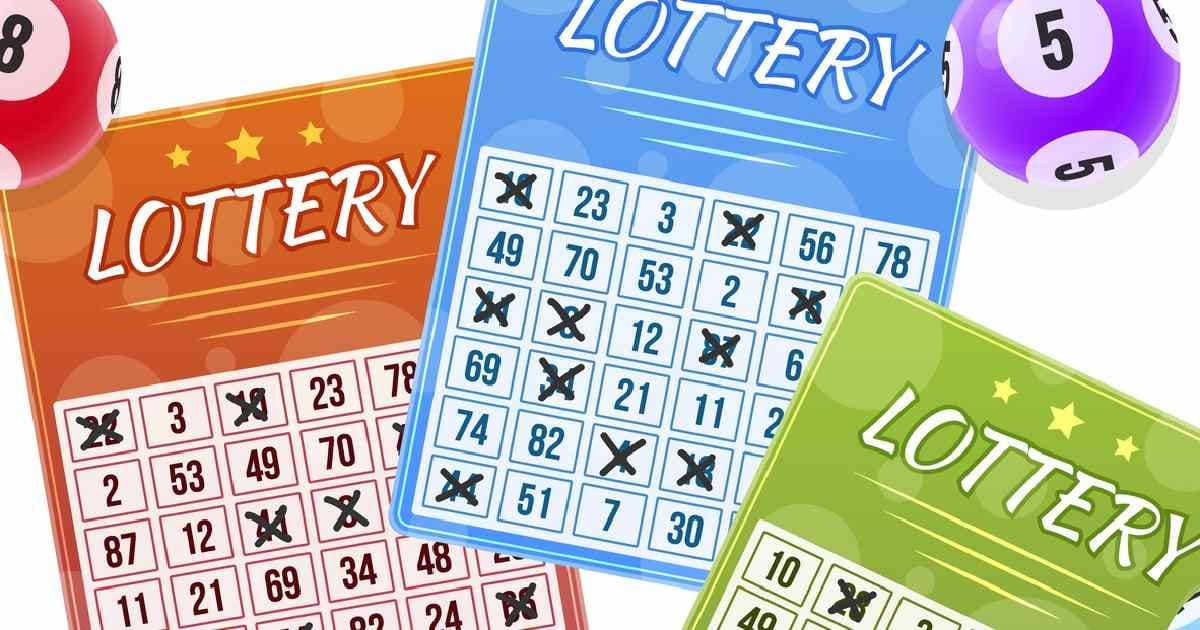In the realm of games of chance, few hold as much allure and fascination as the lottery. It’s a ubiquitous presence in many societies, offering the tantalizing promise of overnight wealth to those who dare to test their luck. But beyond the surface appeal of instant riches lies a complex tapestry of psychology, mathematics, and societal dynamics that make the lottery far more intriguing than a mere game of chance messipoker. Let’s delve deeper into this enigmatic world and uncover what truly makes the lottery tick.
The Psychology of Hope
At its core, the lottery taps into a fundamental aspect of human psychology: hope. It offers a glimmer of possibility, however slim, that one’s fortunes could change in an instant. This hope serves as a powerful motivator, driving millions of people to purchase tickets week after week, despite the overwhelmingly small odds of winning.
Psychologists have long studied the psychological effects of hope, revealing its ability to buoy spirits, increase resilience, and even improve physical health. In the context of the lottery, hope becomes a tangible commodity, traded for the price of a ticket. For many, the act of purchasing a ticket is not just about the potential payout, but about indulging in a momentary fantasy of what life could be like with unimaginable wealth.
The Mathematics of Chance
While hope may fuel the desire to play, it’s the cold, hard mathematics of probability that govern the outcome of the lottery. The odds of winning the jackpot in most lotteries are astronomically low, often in the millions or even billions to one. Despite this, players continue to participate, clinging to the belief that someone has to win eventually.
But understanding the mathematics behind the lottery can also empower players to make more informed decisions. Strategies such as choosing numbers based on statistical frequency or avoiding common number combinations may slightly improve one’s odds, though ultimately, the outcome still rests largely on chance.
The Societal Impact
Beyond its individual appeal, the lottery exerts a significant influence on society as a whole. Lottery revenues contribute billions of dollars to government coffers, funding everything from education and infrastructure to social welfare programs. Yet, the regressive nature of lottery participation means that those who can least afford it often spend a disproportionate amount of their income on tickets, further exacerbating socio-economic disparities.
Moreover, the pervasive presence of the lottery in popular culture normalizes the idea of instant wealth and can distort perceptions of success and achievement. For some, the allure of the lottery may overshadow more practical paths to financial security, such as education, entrepreneurship, or prudent investment.
Beyond the Jackpot
Despite its criticisms and controversies, the lottery remains a fixture of modern society, offering a complex interplay of hope, mathematics, and societal dynamics. For some, it’s a harmless pastime, a weekly indulgence in fantasy. For others, it represents a beacon of hope in an uncertain world.
But perhaps the true allure of the lottery lies not in the jackpot itself, but in the stories it inspires. Tales of rags-to-riches transformations, of unlikely victories against astronomical odds, capture the imagination and remind us of the boundless possibilities that life holds.


